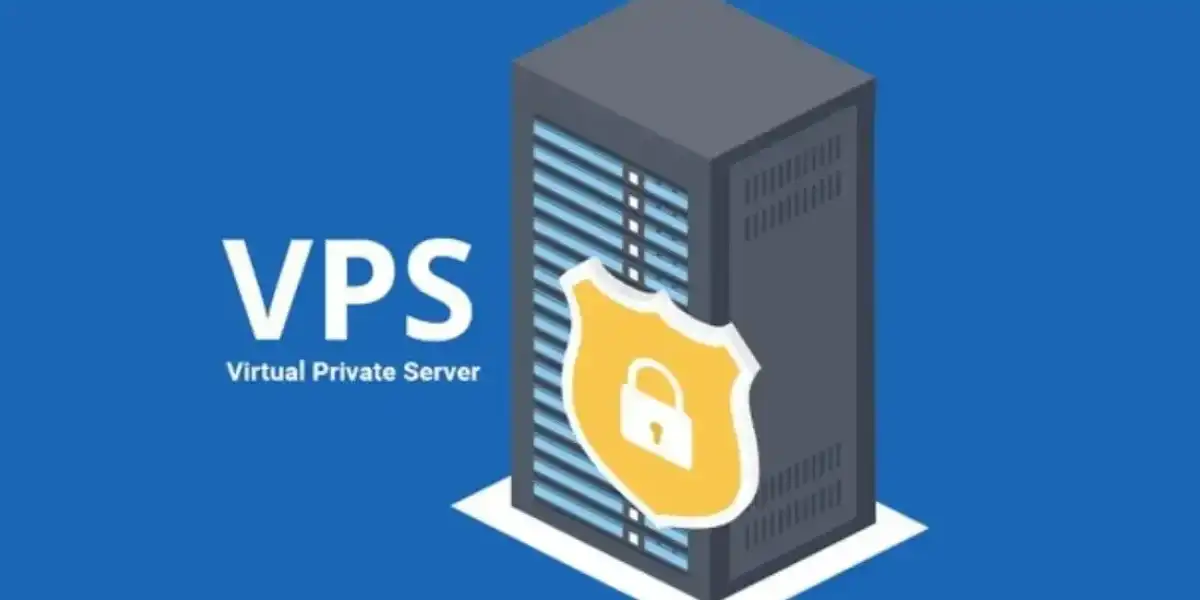
In the realm of hosting solutions, Virtual Private Servers (VPS) have long been hailed as a versatile and scalable option for businesses and individuals alike. However, with the advent of containerization technologies like Docker and orchestration platforms like Kubernetes, the landscape of VPS hosting is experiencing a seismic shift. This article delves into the intricacies of this transformation, exploring how Docker and Kubernetes are reshaping the way we approach VPS hosting.
Understanding VPS Hosting
Before delving into the world of containerization, it’s essential to grasp the fundamentals of VPS hosting. A VPS is a virtualized server that mimics the capabilities of a dedicated server within a shared hosting environment. Unlike shared hosting, where multiple websites share the same server resources, a VPS provides dedicated resources, offering greater control, flexibility, and security.
What is a VPS?
A VPS functions as an independent server, partitioned within a physical server using virtualization technology. Each VPS operates autonomously, with its own operating system, disk space, bandwidth, and allocated resources. This isolation ensures that activities on one VPS do not affect the performance of others, providing a reliable hosting solution for businesses with specific requirements.
Advantages of VPS Hosting
Scalability: VPS hosting allows for seamless scalability, enabling businesses to easily upgrade or downgrade their resources based on demand.
Customization: With root access to the server, users have the freedom to install and configure software according to their preferences, facilitating tailored solutions.
Enhanced Performance: Since resources are dedicated to each VPS, there is minimal contention, resulting in improved performance and stability compared to shared hosting.
Cost-Efficiency: While offering functionalities akin to dedicated servers, VPS hosting is more cost-effective, making it an attractive option for small to medium-sized enterprises (SMEs) and startups.
The Emergence of Containerization
In recent years, containerization has emerged as a game-changer in the world of software development and deployment. At the forefront of this revolution are platforms like Docker, which simplify the process of creating, deploying, and managing applications within lightweight, portable containers.
What is Docker?
Docker is an open-source platform that utilizes containerization technology to package applications and their dependencies into standardized units called containers. These containers encapsulate everything needed to run the application, including the code, runtime, system tools, and libraries, ensuring consistency across different environments.
Benefits of Docker for VPS Hosting
Efficient Resource Utilization: Docker containers share the host system’s kernel, resulting in minimal overhead and efficient resource utilization, ideal for maximizing the capabilities of VPS hosting.
Isolation: Containers provide a high level of isolation, ensuring that applications remain isolated from one another and the underlying infrastructure, enhancing security and stability.
Portability: Docker containers are lightweight and portable, allowing developers to build and deploy applications seamlessly across different environments, from development to production.
Scalability: Docker’s architecture enables horizontal scaling, allowing applications to scale effortlessly by adding or removing container instances based on demand.
Orchestrating with Kubernetes
While Docker simplifies the containerization process, managing a fleet of containers across a distributed environment can be challenging. This is where Kubernetes comes into play, offering a robust orchestration platform for automating deployment, scaling, and management of containerized applications.
What is Kubernetes?
Kubernetes, often abbreviated as K8s, is an open-source container orchestration platform developed by Google. It automates the deployment, scaling, and operation of application containers across clusters of hosts, providing a unified management interface for containerized workloads.
Key Features of Kubernetes
Automatic Scaling: Kubernetes automatically scales applications based on CPU or memory utilization, ensuring optimal performance without manual intervention.
Self-Healing: Kubernetes monitors the health of containers and nodes, automatically restarting or replacing failed instances to maintain desired state.
Service Discovery and Load Balancing: Kubernetes facilitates service discovery and load balancing, enabling seamless communication between microservices and efficient distribution of traffic.
Rolling Updates and Rollbacks: Kubernetes supports rolling updates and rollbacks, allowing for continuous deployment with minimal downtime and risk.
Final Words
In conclusion, the rise of containerization technologies like Docker and Kubernetes is revolutionizing the landscape of VPS hosting. By leveraging these tools, businesses can unlock unprecedented levels of efficiency, scalability, and agility in their hosting infrastructure. As the demand for flexible and resilient hosting solutions continues to grow, embracing containerization is no longer an option but a necessity for staying ahead in today’s dynamic digital landscape.
Commonly Asked Questions
1. How does containerization differ from traditional virtualization?
Traditional virtualization involves running multiple virtual machines (VMs) on a single physical server, each with its own operating system. In contrast, containerization shares the host system’s kernel, allowing for greater efficiency and portability.
2. Can I use Docker and Kubernetes with any VPS provider?
Yes, Docker and Kubernetes are platform-agnostic and can be used with any VPS provider that supports containerization technologies. However, it’s essential to ensure that your VPS provider offers the necessary resources and support for running containerized workloads.
3. Are there any security concerns associated with Docker and Kubernetes?
While Docker and Kubernetes offer robust security features, improper configuration or vulnerabilities in container images can pose security risks. It’s crucial to follow best practices for securing containerized environments and regularly update and patch your containers to mitigate potential threats.
4. How do I get started with Docker and Kubernetes for VPS hosting?
To get started with Docker and Kubernetes for VPS hosting, familiarize yourself with the basics of containerization and orchestration. There are plenty of online resources, tutorials, and documentation available to help you learn and deploy containerized applications in a VPS environment.
5. Can I run multiple applications on the same VPS using Docker and Kubernetes?
Yes, Docker and Kubernetes allow you to run multiple applications on the same VPS by isolating them within separate containers. This enables efficient resource utilization and simplifies management, making it ideal for hosting multiple services on a single VPS instance.
Advertisement








